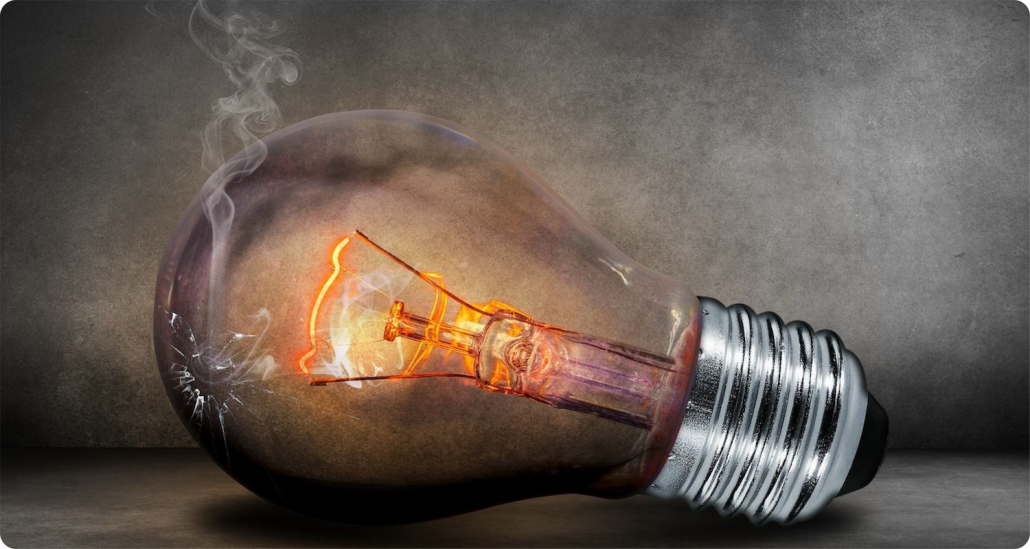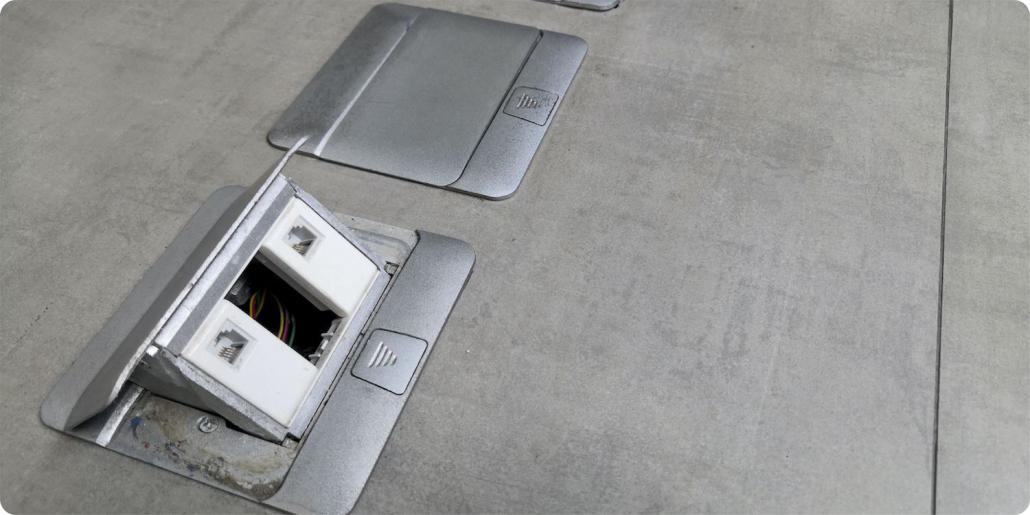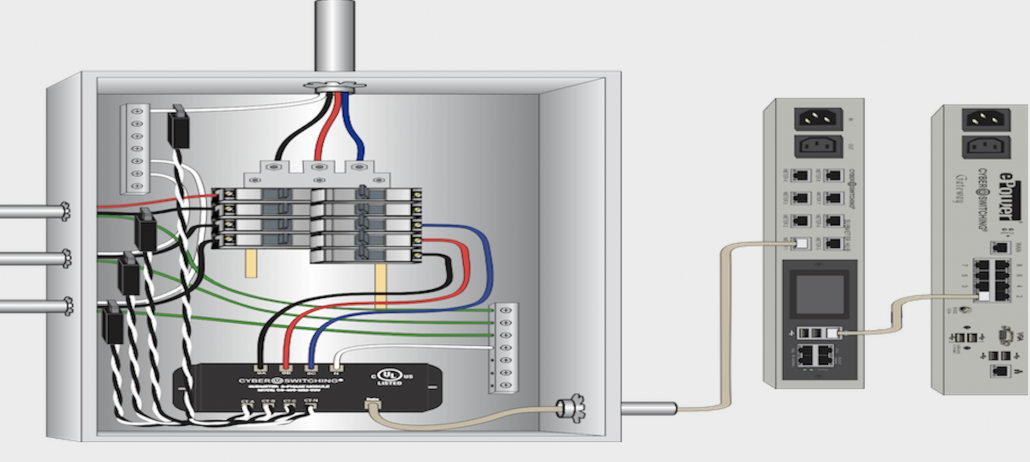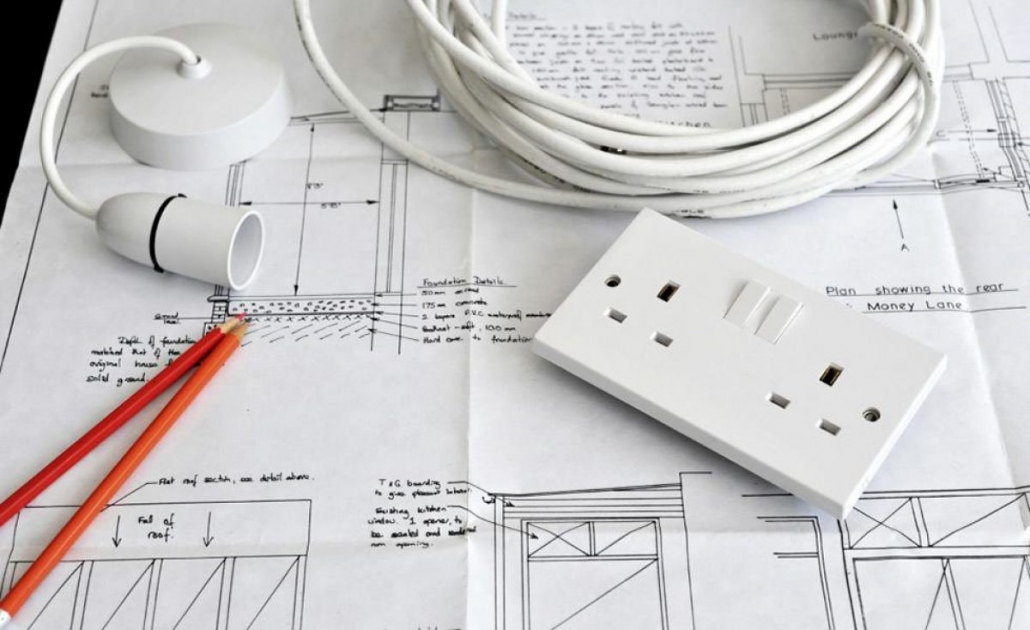July 22, 2020 | Cristina Dinulescu
Electrical safety inspections are always required when buying or selling property, but even if you’re not, it is recommended to have an electrician inspect your house every 10 years or so. It’s because there are serious dangers when it comes to electrical shocks or fires, therefore wiring is one of the most strictly controlled of all construction trades.
How Do Electricians Check Wiring in Your Home?
There are several things that an electrician will look for when checking the wiring in your home. Some of these are basic signs of faulty wiring and you could probably identify a few of them yourself, but a qualified, certified electrician will take a deeper dive and conduct an expert inspection of the entire electrical system.
Part of wiring is not visible and you may not know where the wires are in your wall. The circuits in your breaker box may not be labeled properly, or visible signs may only be surfaced in unconditioned areas of the house that are difficult for you to reach. In any circumstance, it’s better to invest in a professional inspection. Here are 5 things that electricians do to check wiring in your home:
1. Proper Grounding
A grounded electrical system means that all or almost all parts have a direct, or at least unbroken, connection to the earth (ground). Most modern homes have such an electrical system, but older houses, usually built during the 1950s, have very few or no ground connections at all.
Electricians check for proper grounding because lack of thereof can be quite dangerous. When you have grounded connections, if a fault or short happens, then the grounding system flows the electricity safely to the earth. If you don’t, then the risk of electrical shock increases. In fact, changes to the California Electrical Code provide many guidelines and requirements for grounding.
To check for grounding, an electrician will use a receptacle tester. They‘ll plug it into an outlet and if the “open ground” indication pops up, then there’s no grounding. You could also get such a reading if there is grounding but it’s not connected properly. A quick fix to this issue, if you’re not able to rewire your house, is to replace the outlets that are ungrounded with ground-fault circuit-interrupters or GFCIs. These will not provide you with a ground, but they’ll make the outlet a little safer.
2. The Electrical Meter
One of the first things electricians do to check wiring and the electrical system in your home is take a look at your electrical meter and check for defects. After checking if the meter is properly installed, they’ll look for signs of wear and tear. While some wear and tear is completely normal with time, if the mechanisms have become defective because of that then the meter may need fixing or replacing.
Rust and water damage are two of the most common problems that electricians look out for. Water can be very dangerous as it can bleed from the meter to the main electric panel box.
3. Circuit Breaker Capacity
It’s important to check your breaker box regularly, and as a homeowner, you can sometimes do that yourself. The box is usually mounted in the garage, or outside the house, and you can check for visual irregularities, such as the voltage reading “0”.
However, a qualified electrician will be able to check more than visual irregularities. They’ll be able to see if the circuit breaker is functioning properly, if it’s overloaded or at risk of overload, as well as whether or not the main breaker is able to maintain safe levels of current. All of these are important to maintain the electrical integrity and safety of your home. Just like with the meter, an electrician will also look for structural or mechanical damage within the circuit breaker, such as corrosion or water damage. This is important to prevent fires or sparks.
4. Ground fault circuit interrupters
If you do have GFCIs in the house, then a certified electrician will check and ensure that they are correctly wired. The ground fault circuit interrupters work as a safety tool, cutting off the power supply to outlets if any irregularities are detected.
It’s important for the GFCIs to be property wired in order to be able to detect moisture or water in the outlet and cut off current. This helps prevent sparks and even electrical fires.
5. The Actual Electrical Wires
Last, but not least an electrical system inspection will definitely include the physical inspection of your wire. When they check the wiring in your house, electricians will look for signs of fraying or damage. Such signs include exposed wire dangling from ceilings or coming out of the wall, wires that pop out of the protective coating, or cracking in the insulation caused by brittleness. Electricians also look out for wires that may be exposed to wet or damp areas.
This step should be quite exhaustive, and an electrician should examine all places where there is electrical wiring, including those that are looped through nooks and crannies. It may happen that in time some wires become loose or unsafe.
Why It’s Important to Have Electricians Check Wiring in Your Home?
As mentioned above, every step on the electrician’s checklist during an electrical inspection has its own importance. This is mainly because every part of your electrical system needs to function properly and safely in order to prevent damage, electrical shocks or electrical fires.
If you’re buying a house, it’s advisable to have this inspection before you move in, as well as any repair work that might be needed, especially if that means rewiring the house. It’s also important to get the right electrician, as this is meticulous work and you don’t want anything to be overlooked.





